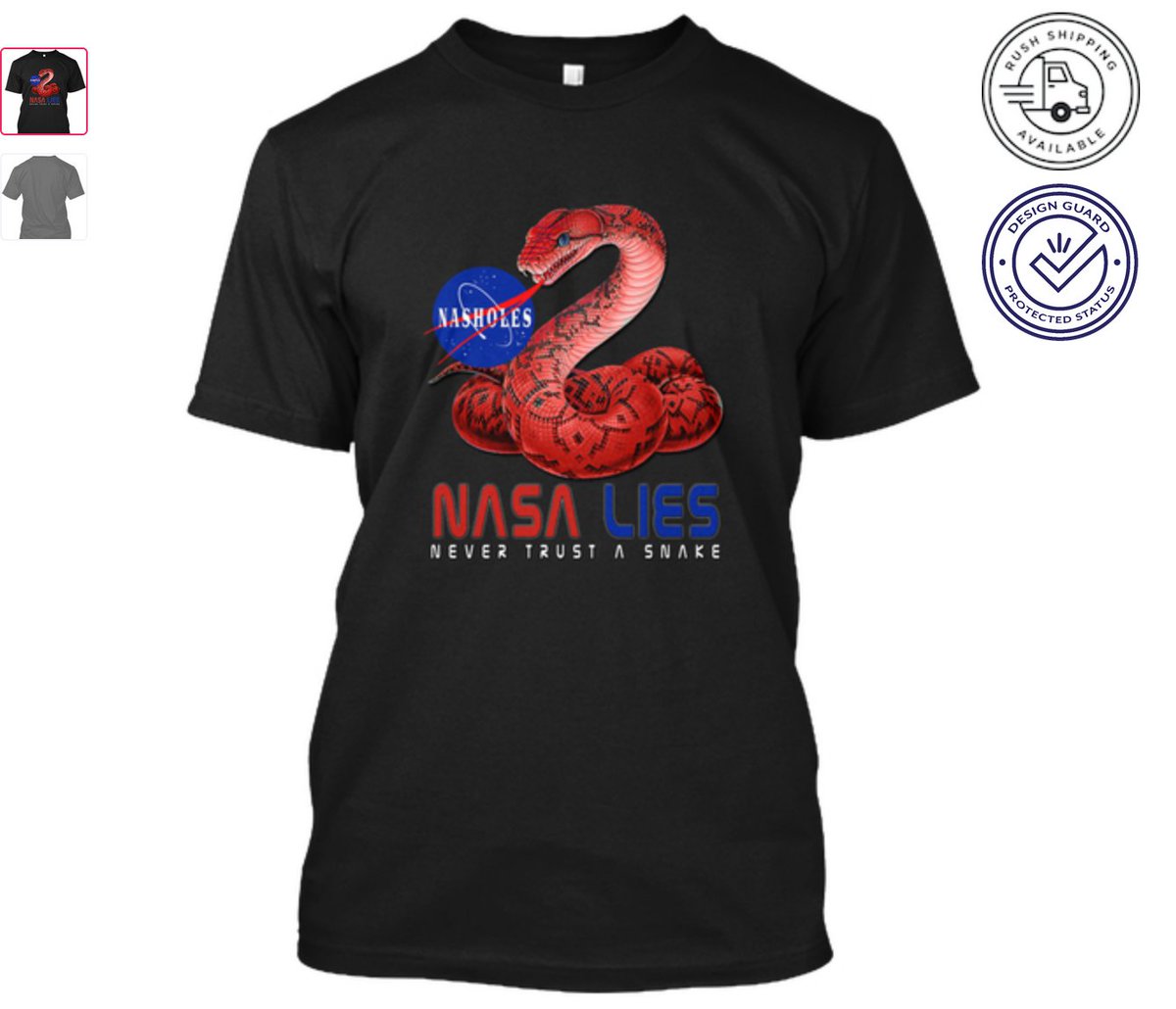It sounds obnoxious, but the best way to not flounder when you sit down, or to not avoid writing because you don't know what to do, is to... know what to do. And WANT to do it. 🤷♀️
So the short answer is: I learned how to write Very Extensive outlines.
(Wait, don't panic yet!)
To make writing easier, you have to understand first what your barriers are.
I trained myself writing weekly serial novels. I HAD to be able to produce a chapter every week to keep up, and I could only budget one day each week for the long writing session that works best for me.
For the serial, I was only writing a few chapters ahead of when I posted. I couldn't decide I had the story wrong and go back and change it--it had to basically work from the first.
Tailor your process solution to the problem you actually need to solve. Mine required outlines.
That said, I am by nature both a binge writer and a discovery writer. Neither is ideal for consistency!
I cannot write every day, and there will always be parts of the story I HAVE to figure out when I get there.
HOWEVER, I have learned which parts will cause me to bog down.
Character and dialogue come easily to me. Character interactions are MY GREATEST JOY in writing.
So I can leave myself a note that just says, "they talk and make friends," and know that future-Casey can be trusted to figure that out on the fly, even if she rolls her eyes at me.
Plot turns I have to have worked out more in advance, or I will get to a point and be like, wow that is uh, quite a predicament they have there, I... do not have any idea how they get out of this, fuck. Maybe if I ponder it will magically come to me???
(This NEVER works for me.)
My outlines DO NOT COVER EVERYTHING. No one besides me could make sense of them. The point is to prepare what I PERSONALLY need to keep momentum.
That's different for everyone. But any place in the outline where I go 'shit how does THAT work', I need to figure out in advance.
Discovery writers worry outlining will take the magic out of writing. I have not found this to be true!
The outline is still an outline: Discoveries happen while writing that meaningfully deepen and affect the course of the story.
It's just easier to get into the writing flow.
Another of my greatest joys in writing? Getting into that writing trance state where the words just pour out. I LOVE that shit.
My outline is ultimately a personalized tool for skipping over the blocks that keep me from diving headlong into the parts of writing that excite me.
I will always flesh out more as I go through, but a solid throughline keeps me from floundering AND keeps me excited to write, because I know cool things are coming, that I'll get to expand my ideas into actual story and connect all the pieces.
That is FUN. It's why I DO this.
Anyway "how to outline/figure out a story at all" is a related but separate topic.
When it comes to RELIABILITY, here is the absurdly basic point:
Figure out what stops you in your tracks or keeps you from enjoying writing, and arrange your process so it's not a barrier.
What trips me up is how the plot actually unfolds, so outlines that work the important points out in advance are the solution. I can just pick up and focus on the fun parts.
*Set yourself up so writing will be fun*, and it goes way more smoothly! (MYSTERIOUS)
And if this approach resonates, check out
@Rachel_Aaron's book 2K TO 10K, which is not so much about PRODUCTIVITY IS KING as it sounds but about learning how to approach your process to make writing all the stories you want to tell easier for yourself:
https://t.co/NZD2Nox9EW
